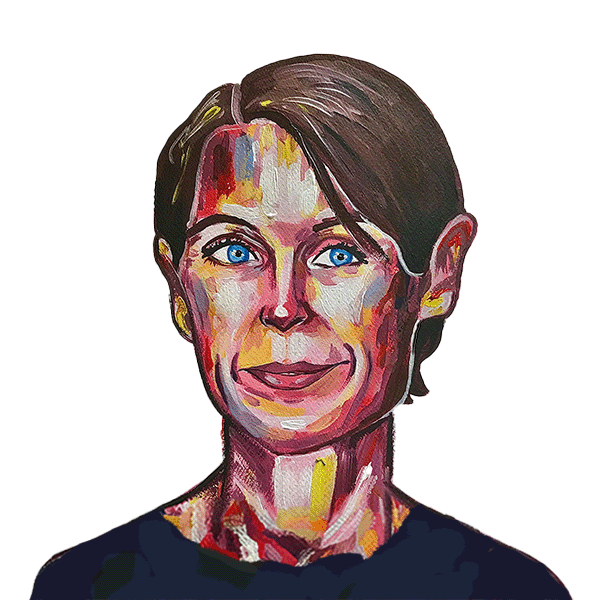Life after OKRs - balancing between chaos and structure

So we ditched OKRs* for individuals. (You can read why in this blog post)
We tried some other schemes for a while and gradually realized that we needed to find our own way of working with objectives and performance on the individual level. We decided early on that the development of our people must be in harmony with the common objectives, what the company needs. So we needed to include both performance and development in one single process. One that works with our company culture.
As a company, we are creative, open, and non-bureaucratic and we want to stay that way. We work together, with passion, and we are certain that this is the only way for us to keep succeeding. There is an element of chaos here, and we want to keep it because it’s fun and because that’s where a lot of the brilliant ideas are born. But we also need to balance it with some structure to make us more efficient putting the ideas into practice. It’s a fine line, and too much of either will get us nowhere, very fast.
Also, we are in hyper growth, operating in a new business that changes faster than the weather in Stockholm. So speed is of the essence.
We looked at this environment and at what makes the people in it perform, be happy, stay with us, develop, and grow. Together, it all boiled down to some essential principles that shaped the way we set up our performance and development framework.
Our performance and development fundamentals
- Power to the employees! Employees must own and drive their own performance and development, and managers must do everything they can to support it.
- HR must act as support, an enabler, and strategic partner. Never a reactive control function.
- No systems with heavy admin or rigid processes
- We learn from the past, but we focus on the future
- We always tell the truth about performance
- Development is not linear. We need space to try things, experiment, take risks, make mistakes and learn from them
- We hold mastery and continuous improvement above detailed long-term planning and goal-setting
- Our company culture is instrumental to our success and must be mirrored in everything we do.
This all resulted in our current performance development approach that I will describe in another post. Stay tuned!
* OKRs stands for Objectives and Key Results. It is a method of defining and tracking objectives and their outcomes. Its main goal is to connect company, team, and personal objectives to measurable results, making people move together in the right direction. It requires goal setting and follow-up on corporate, department, team and individual level.



